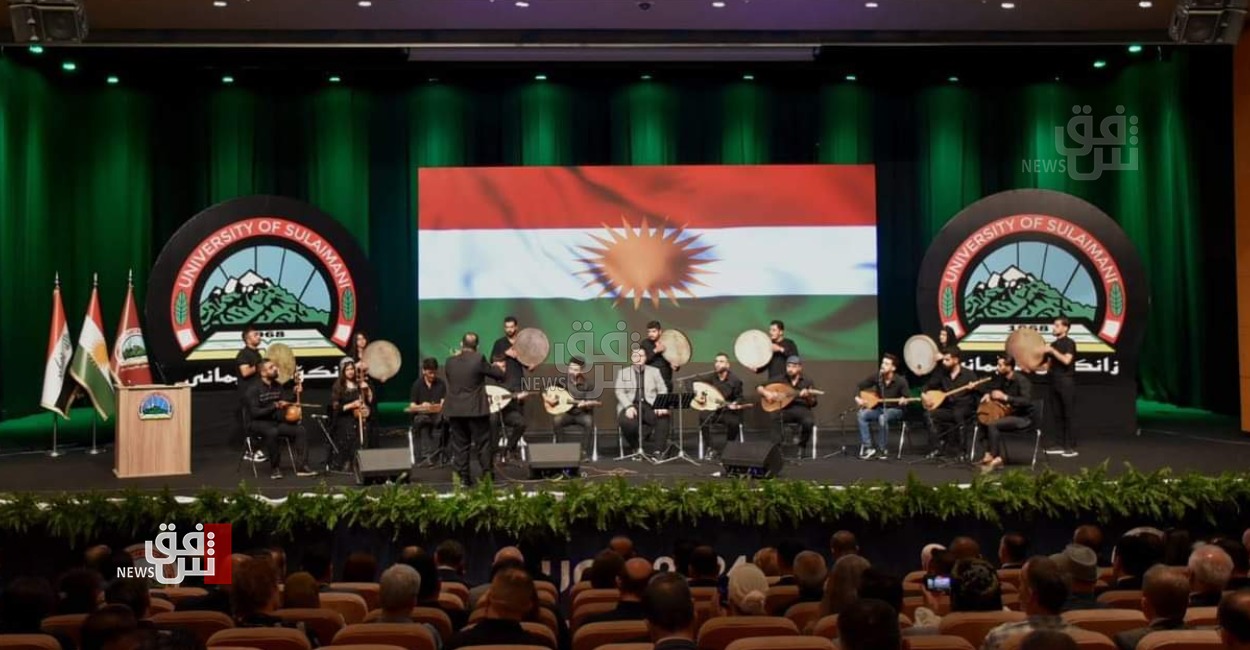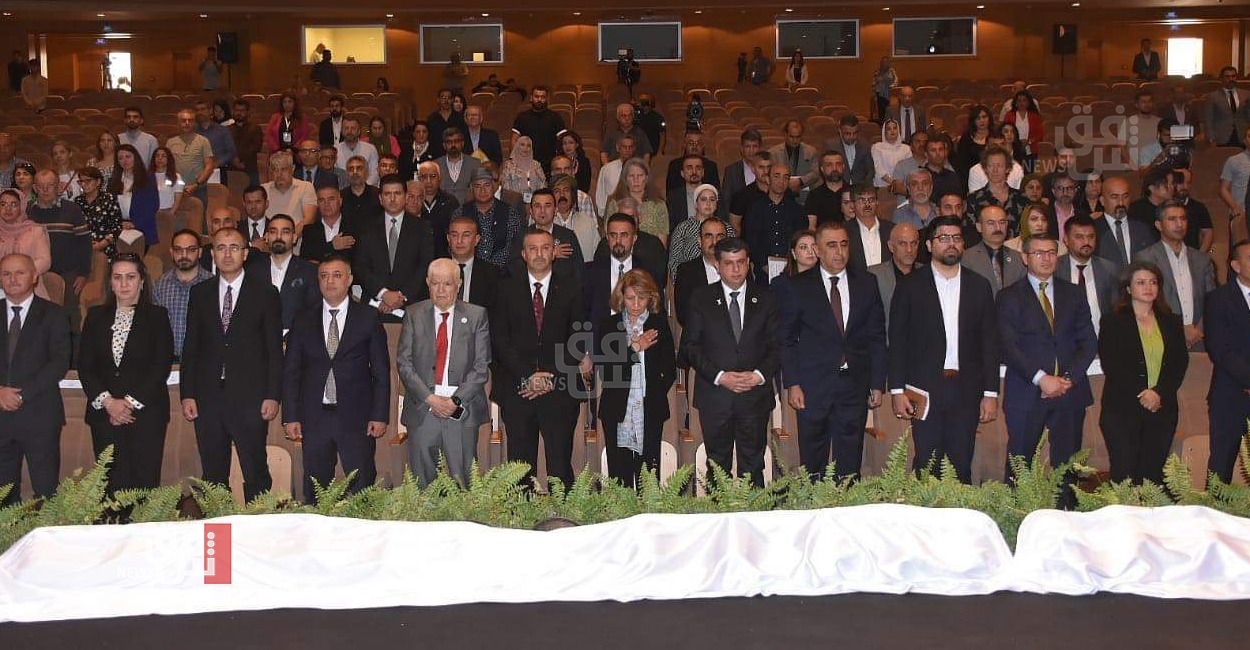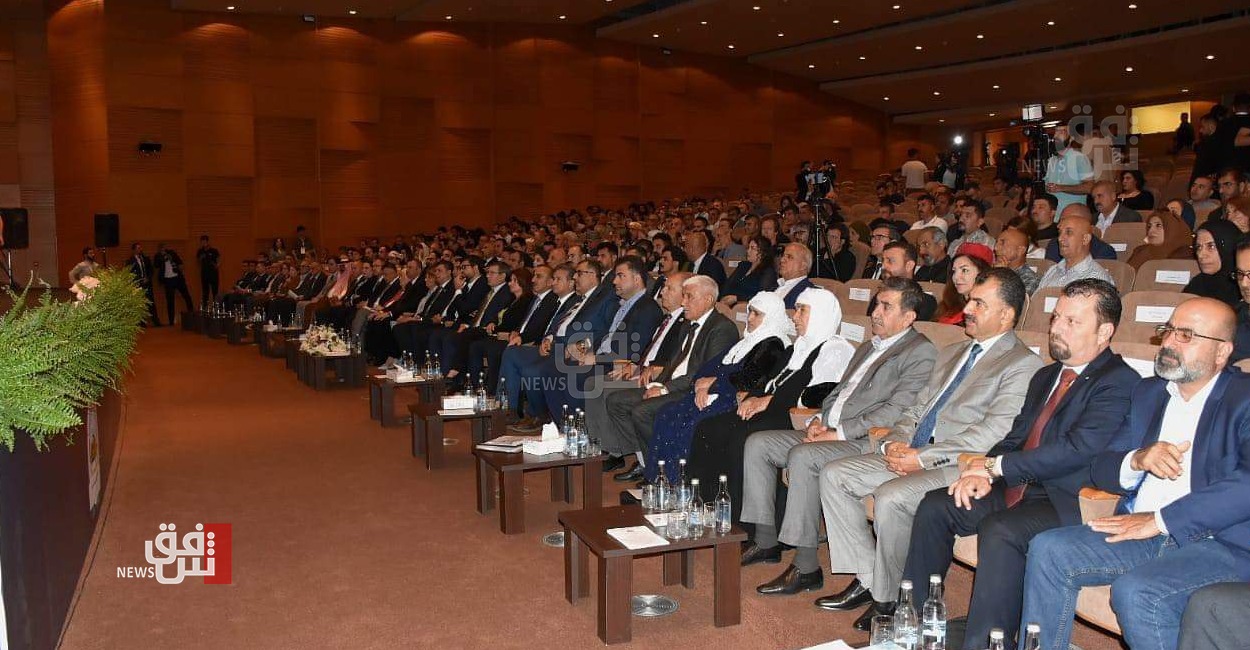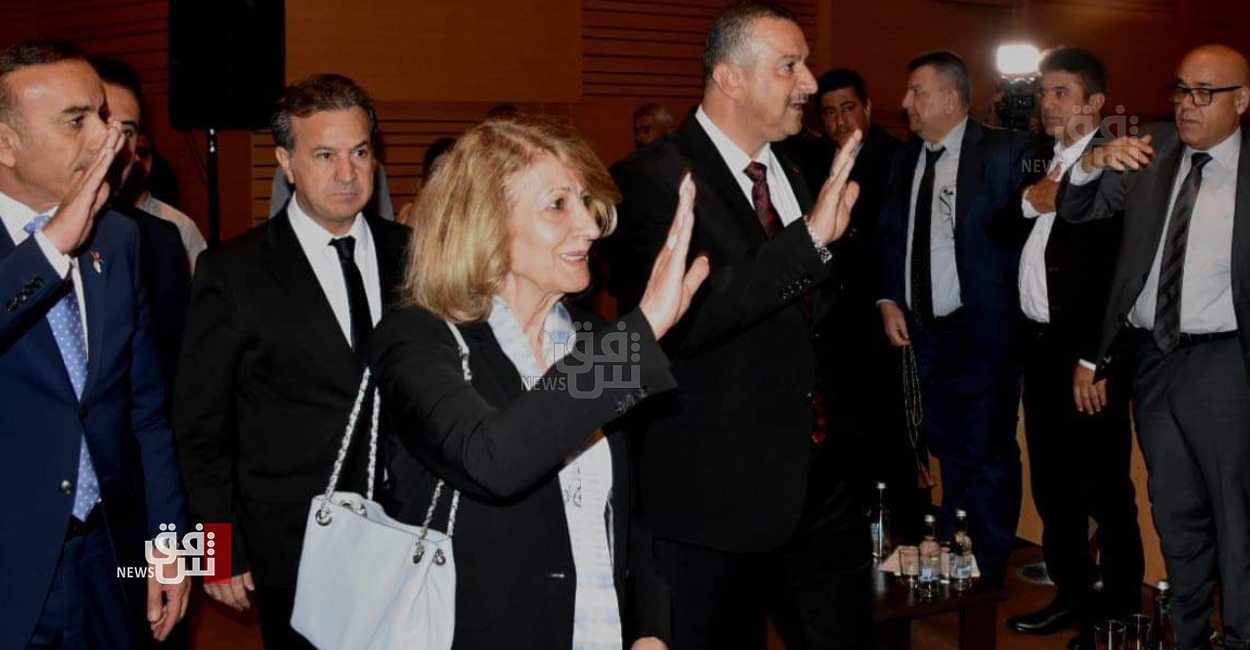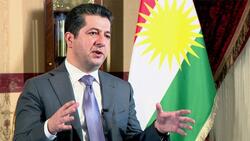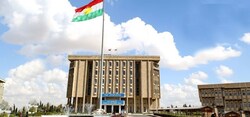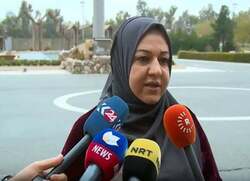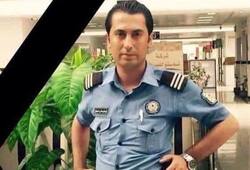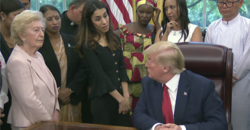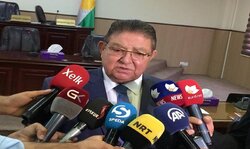Al-Sulaymaniyah hosts 3rd International Conference on Kurdish Genocide
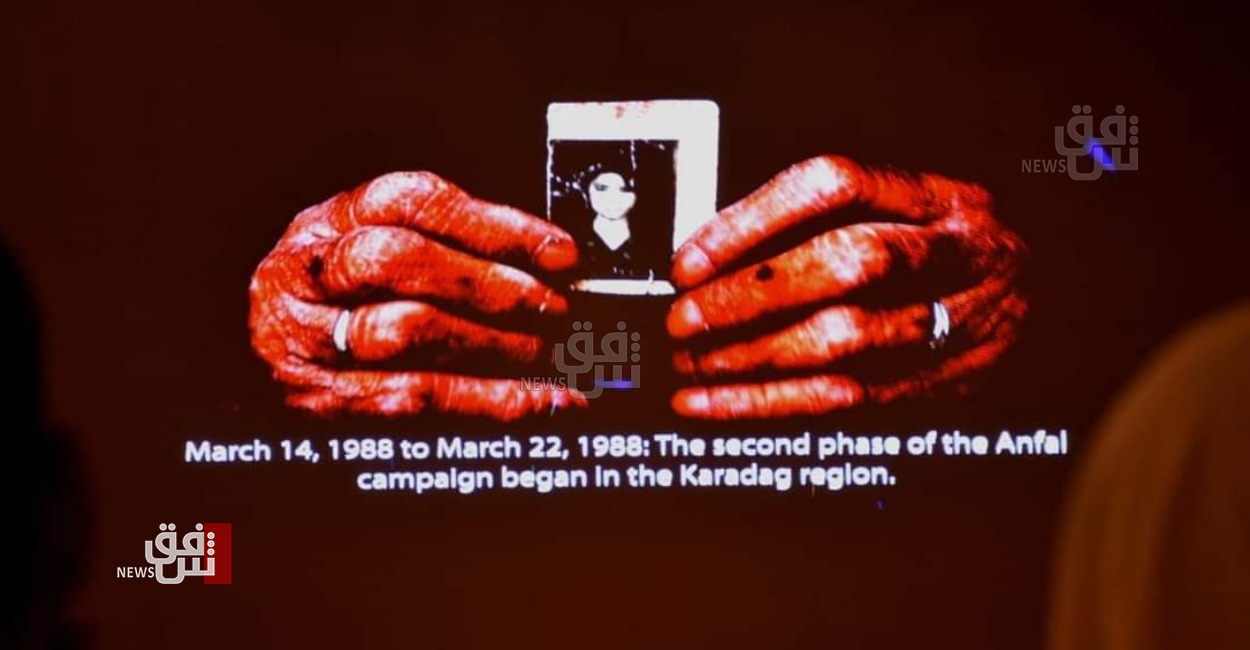
Shafaq News/ The Third International Conference on Kurdish Genocide started in Al-Sulaymaniyah Governorate on Wednesday, drawing high-level political, governmental, and diplomatic attendance.
In his opening remarks, Professor Jalal Hassan, head of the conference's preparatory committee, highlighted the grave nature of genocidal crimes. "Genocide is one of the most heinous crimes faced by humanity. Many genocides throughout history have targeted specific ethnic groups or communities, leaving profound scars," Hassan said.
"Genocide has become a collective memory for the people of Kurdistan…Despite efforts to support the victims, the sheer scale of these atrocities means there is still much work to be done."
According to Hassan, the conference represents an academic effort by the University of Sulaimani to address the issue comprehensively. "The Kurdish people have been repeatedly targeted throughout history under various pretexts, resulting in the loss of thousands of lives and lasting negative impacts," he stated.
A Shafaq News Agency correspondent reported that the conference features international and local presentations of scientific research on genocide, a documentary screening depicting the extent of the Kurdish genocide, and musical performances.
In the late 1980s, the Kurdish population in Iraq endured a systematic attempt at extermination during the Anfal operations. Hundreds of thousands of men, women, and children were executed, often bound together and shot, their bodies falling into mass graves. Their towns and villages were subjected to chemical weapon attacks, and many women and children were sent to camps where they lived in appalling conditions. Men and boys of "battle age" were specifically targeted and executed en masse.
The campaign derives its name from Surat al-Anfal in the Qur'an. "Al Anfal" literally means "the spoils of war" and was used to describe the military campaign of extermination and looting commanded by Ali Hassan al-Majid.
The Ba'athist regime's use of this term was a gross misuse of the Qur'an, which does not endorse genocide. Nonetheless, the former Iraqi regime used it as a code name for their systematic attacks against the Kurdish population, extending these atrocities to minority communities, including Christians.
The Kurdish genocide did not start with Anfal; it began decades earlier and claimed countless victims. The genocide's roots can be traced back to the Arabization of villages around Kirkuk in 1963. This included the deportation and disappearances of Faili Kurds in the 1970s-80s, the murder of 8,000 male Barzanis in 1983, the use of chemical weapons in the late 1980s—most notably against Halabja—and culminating in the Anfal campaign of 1988.
Hundreds of thousands of innocent people perished, families were torn apart, and many survivors continued to suffer severe health problems.
Between 1976 and 1988, 4,500 villages were razed, devastating Iraqi Kurdistan's agricultural potential and erasing much of its rural heritage.
During the 1980s, the Kurdish population was attacked with chemical weapons, indiscriminately killing thousands. The Anfal campaign resulted in the destruction of 90% of Kurdish villages and more than 20 small towns and cities. The systematic nature and scale of these atrocities have left an indelible mark on the Kurdish people and their history.
